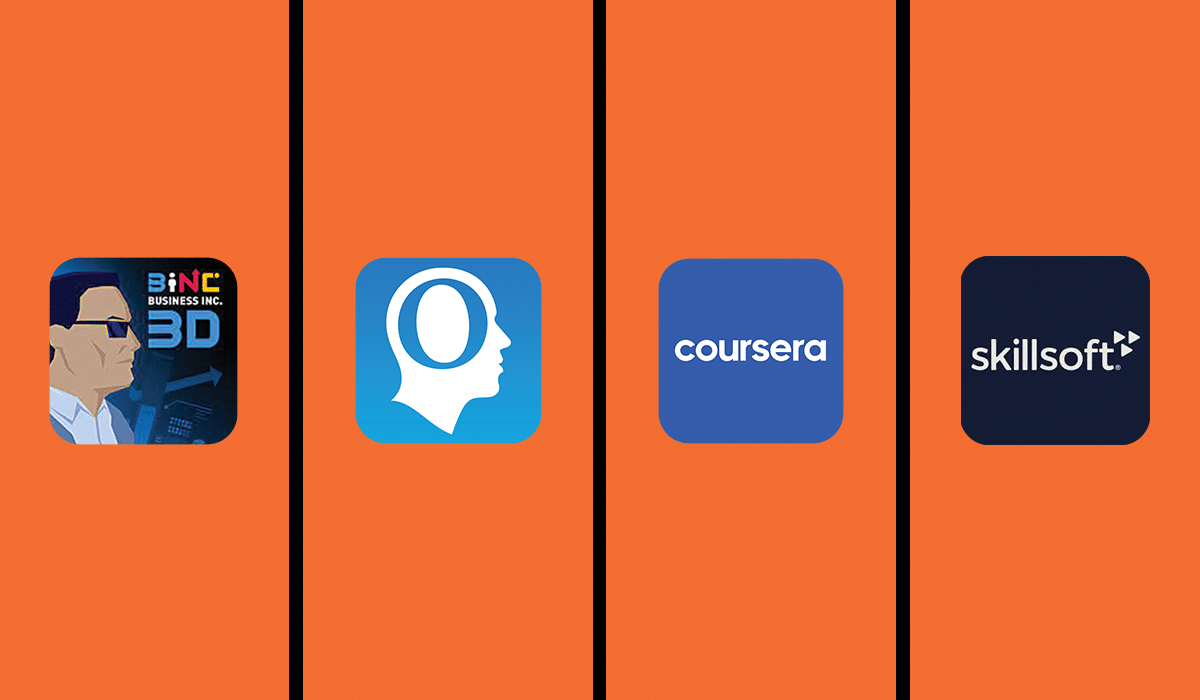‘Soft skills’ are more crucial to your career than you may think. We look at some of the most important professional skills you can attain to safeguard your working future…
Ever worry about your career and the future? With Chat GPT, big data, cloud computing and advanced VR floating around, it’s understandable that most of us would feel just a little worried. The truth is, almost every job and industry is set to be disrupted and transformed in the coming years. There’s no fighting that fact. So what do we do?
Before panic sets in, let’s take a look at the facts. Experts at the World Economic Forum (WEF) have predicted that within the next seven years:
- 85 million jobs will be displaced because of technology.
- 50% of the world’s workforce will need to be reskilled.
- As many as 133 million new jobs will emerge.
- 1 billion jobs will be transformed by technology.
In the decades to come, these numbers will be even higher and the changes even more rapid. But the same experts agree: with this massive disruption will come an unprecedented need for new skills. Most of them will be known as ‘soft’ skills.
WHAT ARE THE SKILLS OF THE FUTURE?
As technology comes to aid or even replace many of our daily tasks, focus will be taken off many technical skills in the workplace. This leaves room for humans to do what humans do best, while technology focuses on the rest. According to the WEF Future of Jobs Report, the skills that will be in demand for the future (and are already growing in the job market) include:
- Active learning
- Analytical thinking and innovation
- Creativity, originality and initiative
- Complex problem-solving
- Leadership and social influence
- Emotional intelligence

FIVE WAYS TO STAY AHEAD
- Start collaborating with others to enhance your communication, conflict resolution and team-building capabilities.
- Up your leadership skills by taking on new challenges and mentoring others.
- Keep up to date on new technologies and new industries, and how your career could possibly evolve.
- Start adapting for the future by using new technology and understanding how it can help elevate your current work.
- Start thinking outside of the box, challenging old ways of thinking and outdated systems. Tap into your creativity and sharpen the ‘human- centric’ skills you might have neglected in recent years.
Rather than feeling nervous about the future, just about every expert agrees that we should be excited. There are countless jobs that will be created in the future, and even more opportunities that will require you to tap into the best parts of yourself: creativity, communication, collaboration, thinking and emotions. All we have to do is train that part of ourselves and rise up to meet the future head-on.
“THIS LEAVES ROOM FOR HUMANS TO DO WHAT HUMANS DO BEST, WHILE TECHNOLOGY FOCUSES ON THE REST”
YOUR FUTURE-FIT CAREER RESOURCES:
APPS
Business Inc 3D
A game that simulates running a business, so this is ideal for entrepreneurs or future leaders.
CogniFit
A powerful app to help train your brain to think more creatively and critically.
COURSES
Coursera
With many free online courses on a wide range of topics, this is a one-stop platform for anyone wanting to learn skills like communication, negotiation, writing, well-being and leadership.
Skillsoft
A paid-for platform with brilliant resources on many topics, including career development, management and productivity.
READING
Be sure to have a look at the World Economic Forum’s Future of Jobs Report.
PHOTOGRAPHIC: GALLO/GETTY IMAGES
WORDS EDWAIN STEENKAMP







